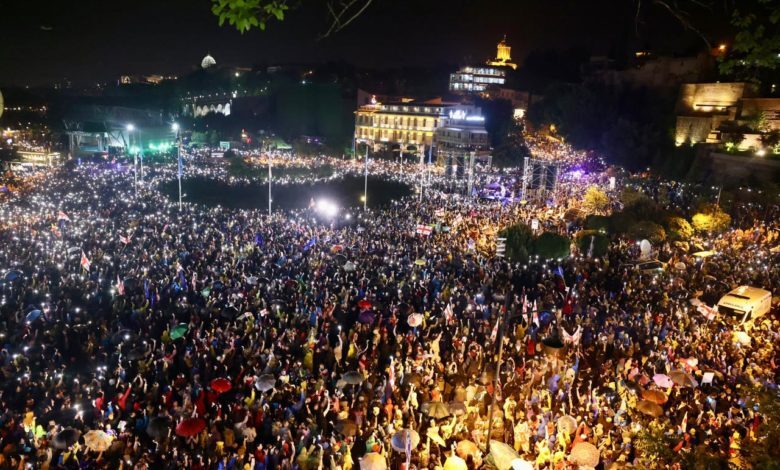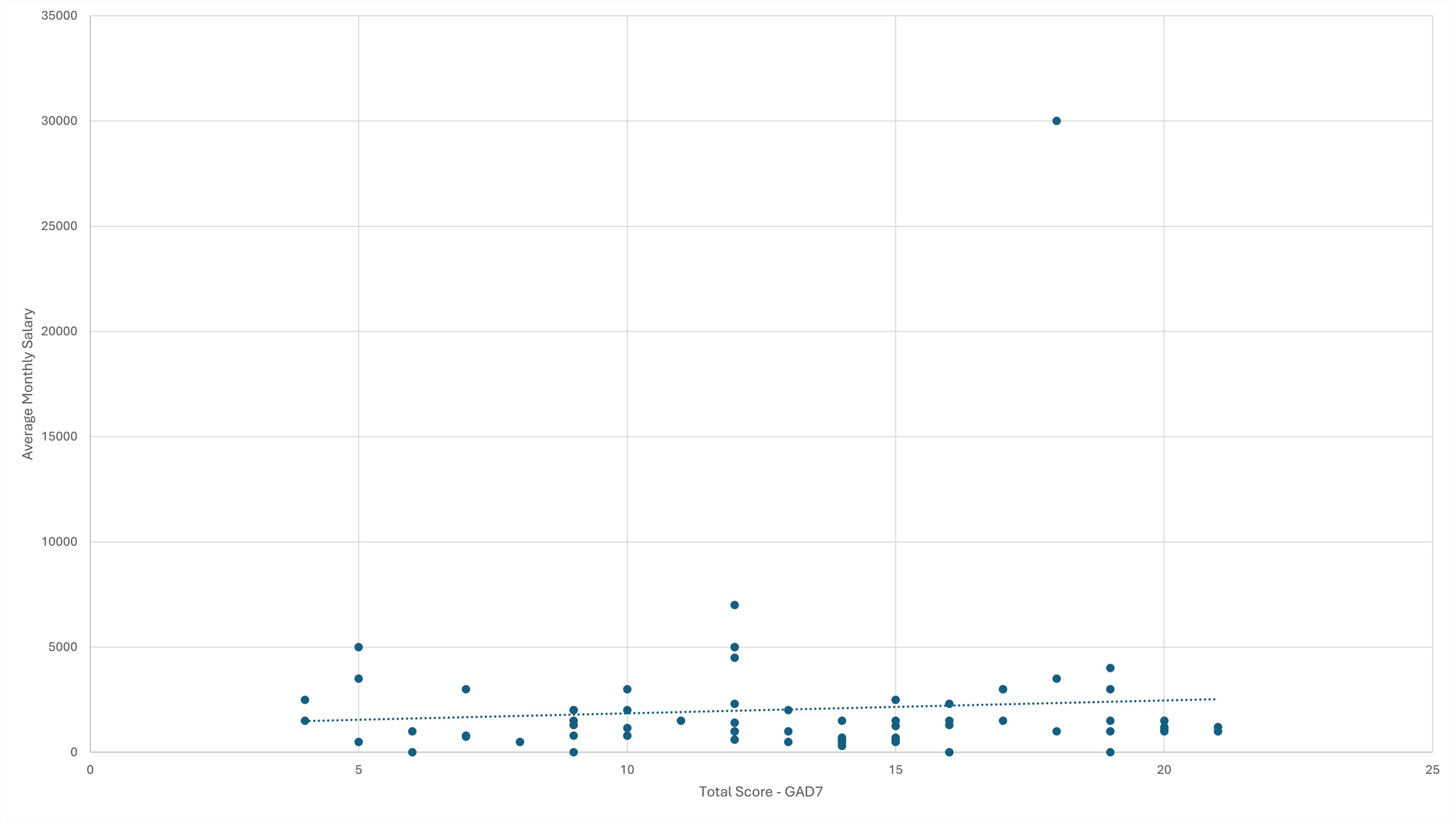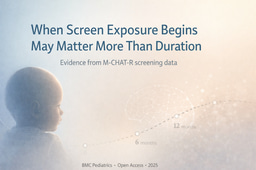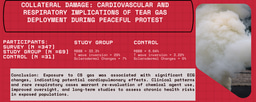The Emotional Weight of Resistance: Inside Our Study on Activism and Mental Health in Georgia
Published in Behavioural Sciences & Psychology and Law, Politics & International Studies

What inspired us to take on this study?
In the Republic of Georgia, the political climate in late 2024 was charged with tension. As civil society actors and politically engaged citizens mobilized ahead of a major national election, we observed first-hand how activism was intensifying and how the stakes for individuals seemed to grow. We became increasingly concerned that the mental-health burden on activists might be being overlooked. While activism has often been framed as energizing, empowering and purpose-driven, there is also reason to believe that in periods of political unrest, activism can carry hidden costs. Prior research shows that political conflict, civil unrest and authoritarian-leaning governance can exert considerable psychological strain on populations.
Given this, we asked: what is the mental-health status of activists in the thick of political turbulence? And which individual or contextual factors — such as income, education, hours spent on activism, relationship status — might influence this? We felt this was an urgent question, especially in a context where the risks, pressures and uncertainties for activists are elevated.
How we did the work
We designed an observational study conducted between 19 and 25 October 2024 — right before the election period, after months of escalating political tension in Georgia.
We recruited 73 adult activists (30 males, 43 females) who met three criteria: over 18 years old, no diagnosed psychiatric disorder, and actively involved in antigovernment activism.
We collected demographic and contextual data (age, sex, monthly income, hours spent per week on activism, education level, relationship/parenthood status). We used well-validated instruments: the GAD‑7 (generalized anxiety) and the PHQ‑9 (depression) screenings. We also collected data from 89 non-activist individuals completed the same measures.
We analyzed the data using SPSS 26. Linear regression and eta-coefficients were used to test associations between the scale scores and various predictors.
What we found — and why it matters
Strikingly, nearly 80% of the activist group scored in the moderate-to-severe range on both anxiety (GAD-7) and depression (PHQ-9). Specifically, 76.7% for anxiety and 79.8% for depression. In comparison, the control group had notably lower proportions (46.1% anxiety and 47.2% depression).
Perhaps surprisingly, none of the individual contextual factors we tested (income, education, weekly hours of activism, relationship or parenting status) showed statistically significant associations with the mental-health scores.
We interpret these findings cautiously: the pervasive political turbulence and system-wide stress may have overridden more traditional protective or risk factors, thereby contributing to uniformly elevated distress among activists. The activism context may embed unique stressors (surveillance, threat, digital intimidation, social/peer consequences) that are less amenable to standard sociodemographic explanation.
Looking ahead
These early findings suggest the need for targeted mental-health support for activists in politically unstable settings. Interventions might include systematic screening, accessible digital counselling, peer-support networks, and organizational strategies to mitigate burnout and sustained stress. Our study is cross-sectional, so we cannot infer causality or track changes over time; future longitudinal work is needed. We also hope to explore activism-specific variables (e.g., digital harassment, exposure to state/media smears) that may exert meaningful influence.
In short
We embarked on this project because we observed a gap: the mental-health burden on those who mobilize in civically-active roles during politically intense periods is under-researched. Our data from Georgia suggest that the burden is real and substantial, and that activism in turbulent contexts may pose significant mental-health risks. We trust that our findings will contribute to raising awareness, informing civil society, mental-health practitioners and policymakers, and ultimately lead to better support systems for activists.
Follow the Topic
-
BMC Psychology

BMC Psychology is a peer-reviewed, open access journal that welcomes articles on a broad range of topics related to psychology, human behavior, and the mind.




Please sign in or register for FREE
If you are a registered user on Research Communities by Springer Nature, please sign in